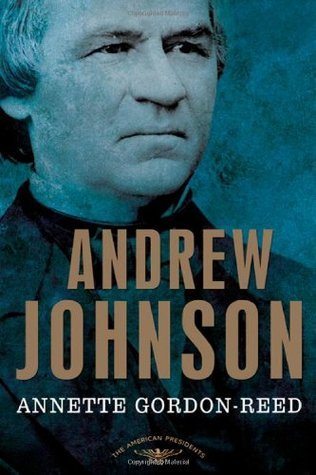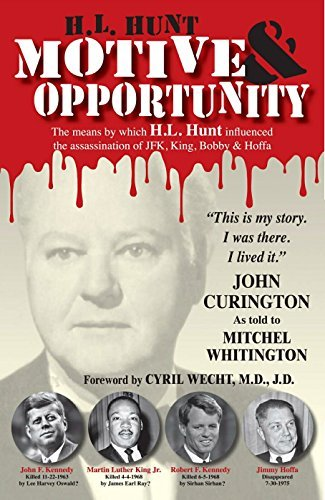James Buchanan was born in a log cabin in Pennsylvania in 1791, the second of 11 children, not far from the Mason Dixon line. His father, also named James Buchanan, owned a general store which was successful enough for him to buy a substantial farm, then a store on main street in Mercersburg, and he eventually became one of the richest men in the area. As the oldest son, the younger James Buchanan was the favorite among his siblings, and was particularly close to his mother.
At 16, Buchanan went to college at Dickinson, but since his mother had already educated him in the classics, he found college too easy. He began his lifelong habit of smoking cigars (in later years, he would chew the ends of unlit cigars). He was the smartest student and also the most arrogant, flouting school rules. He got expelled for disorderly conduct.
Continue reading →









